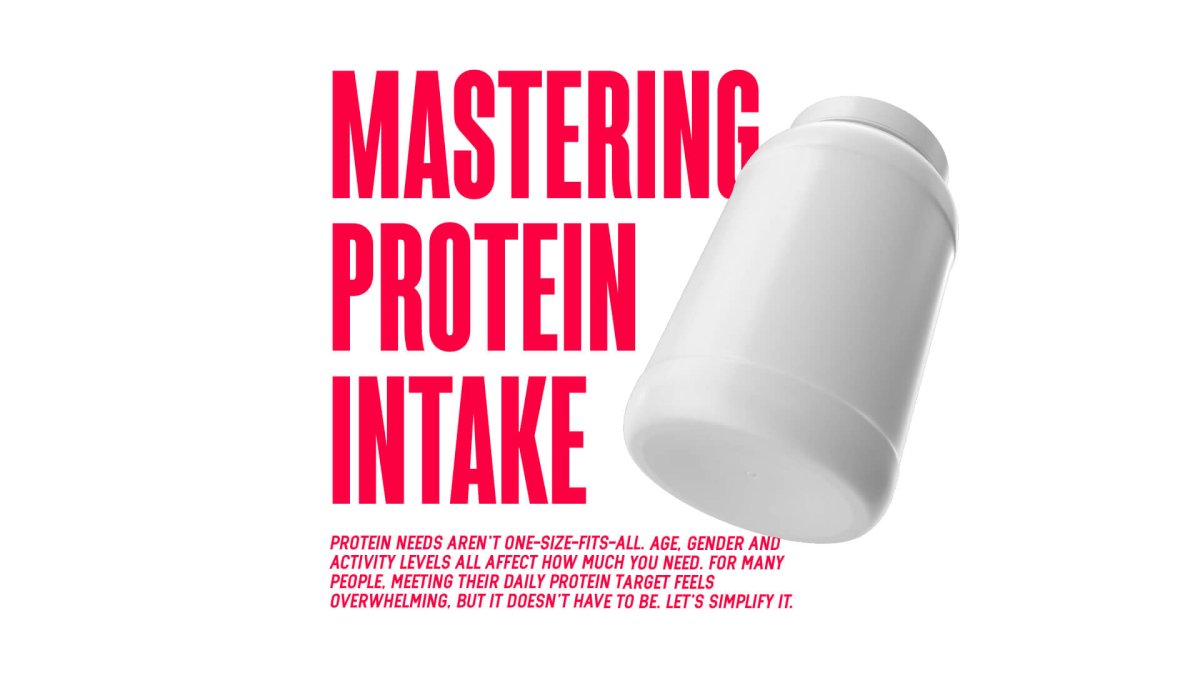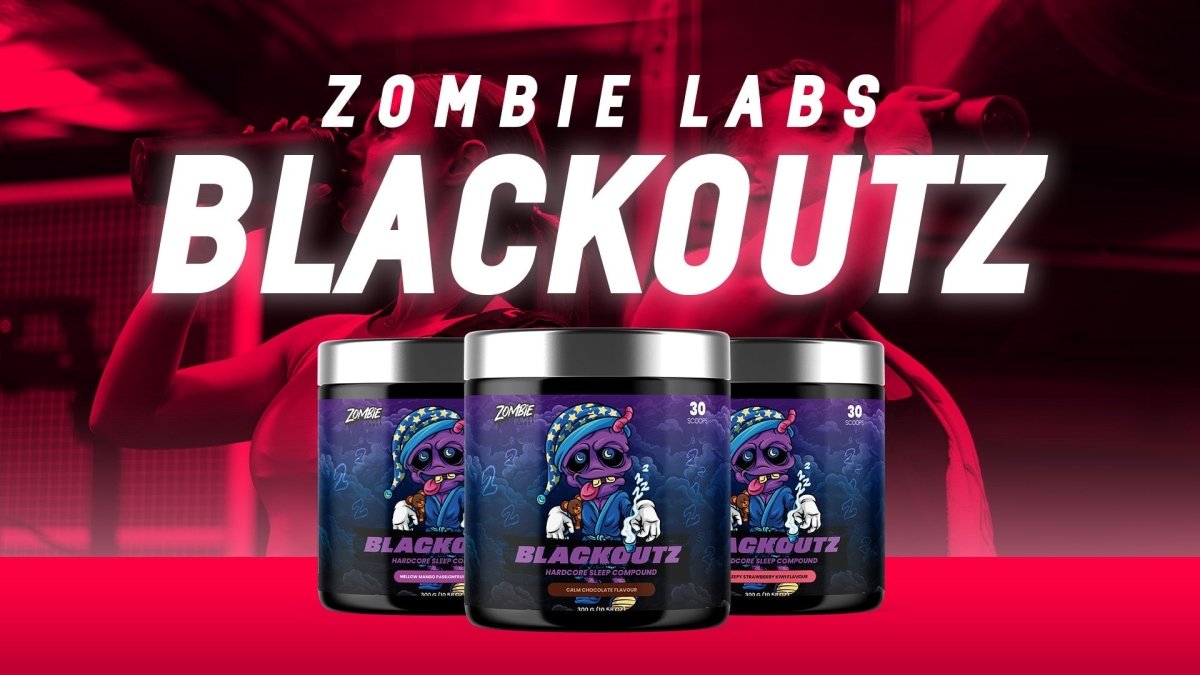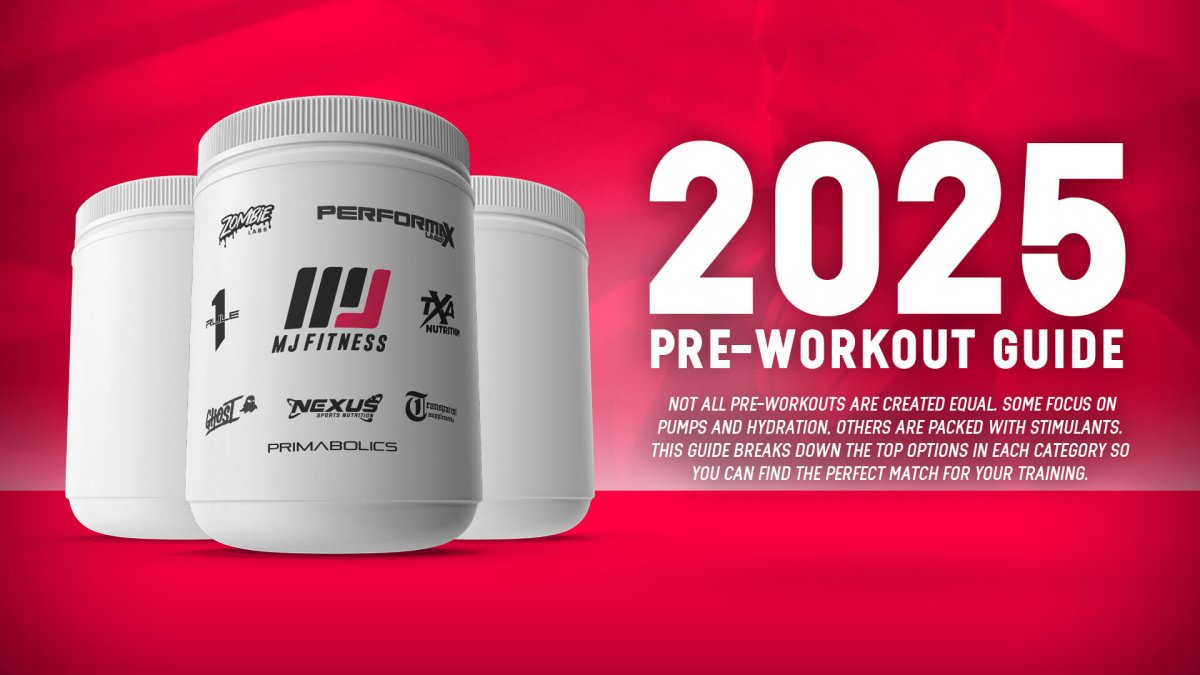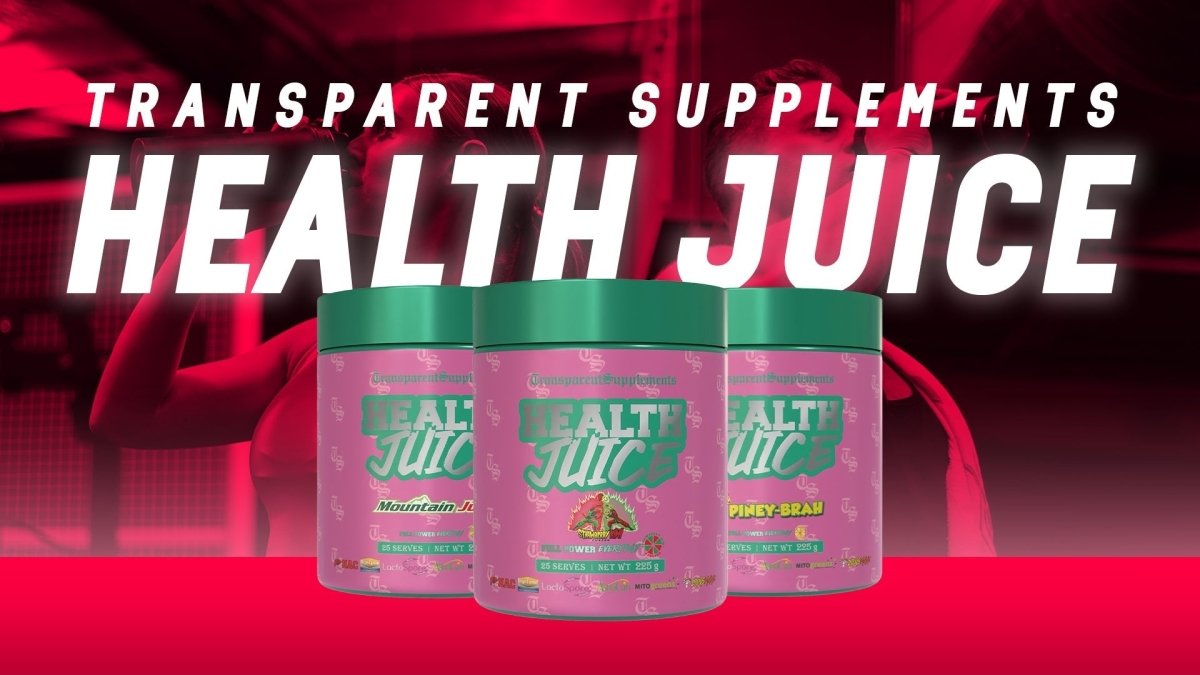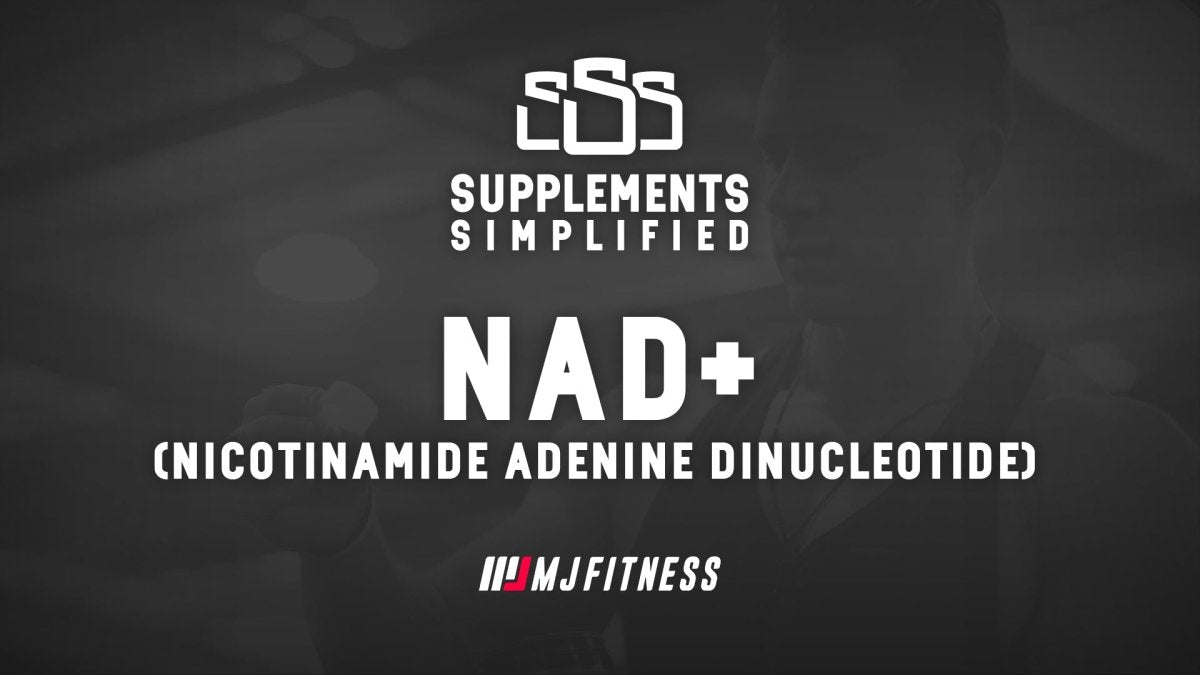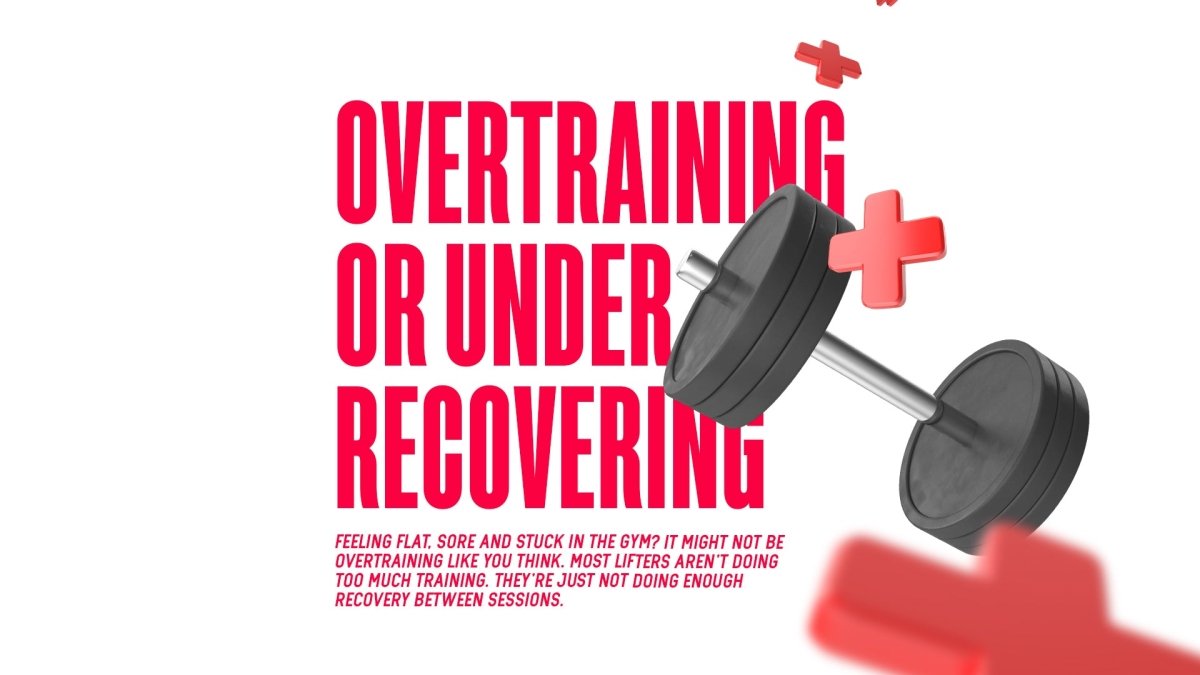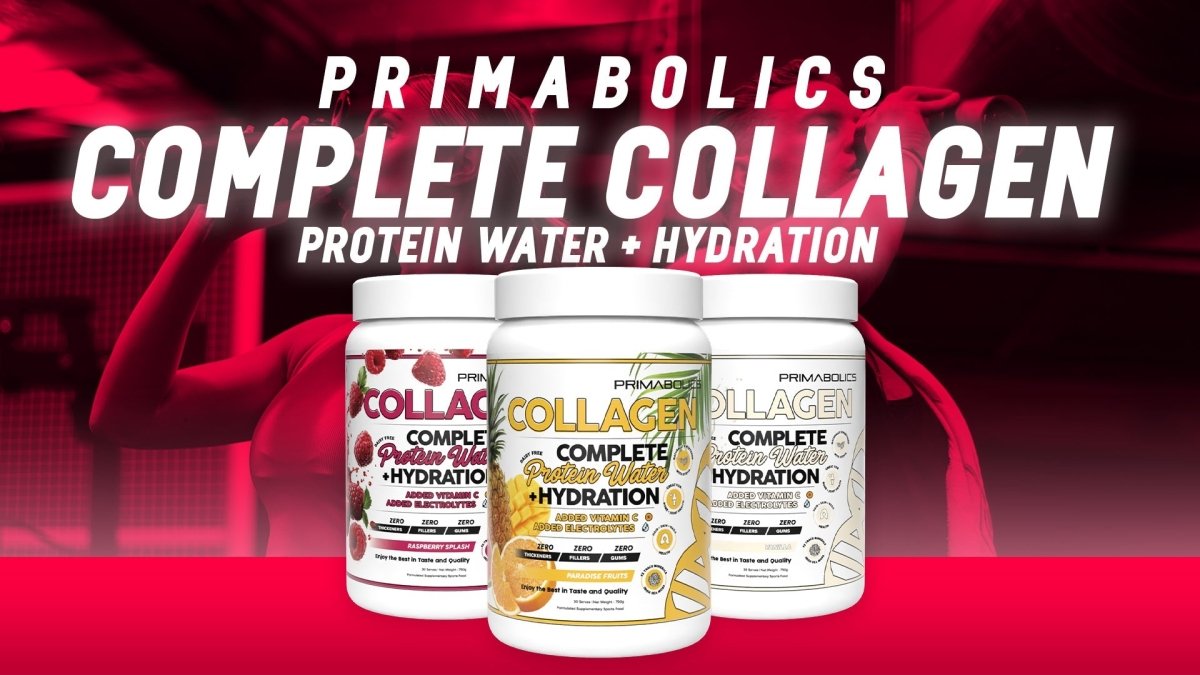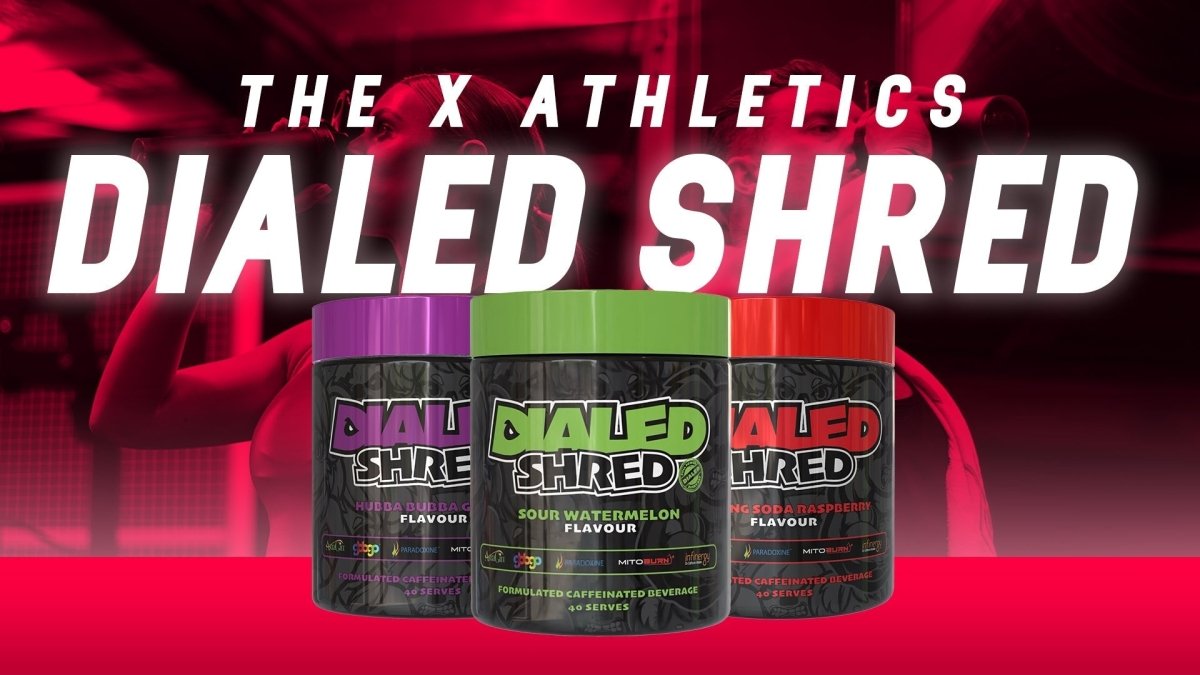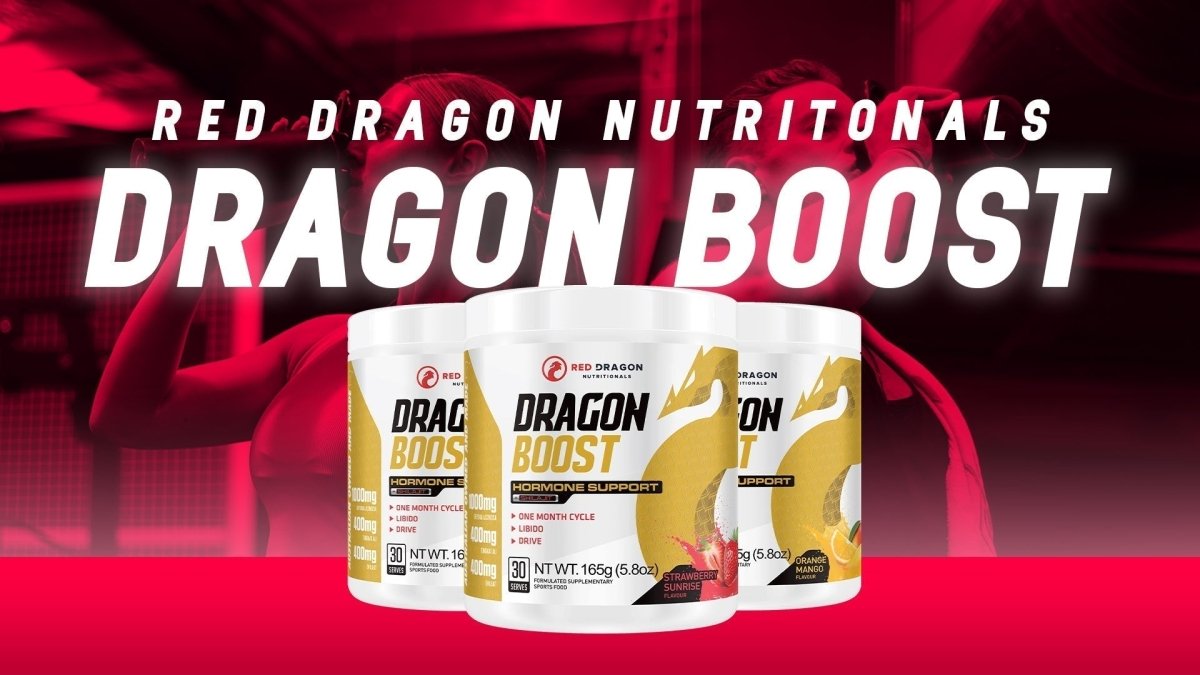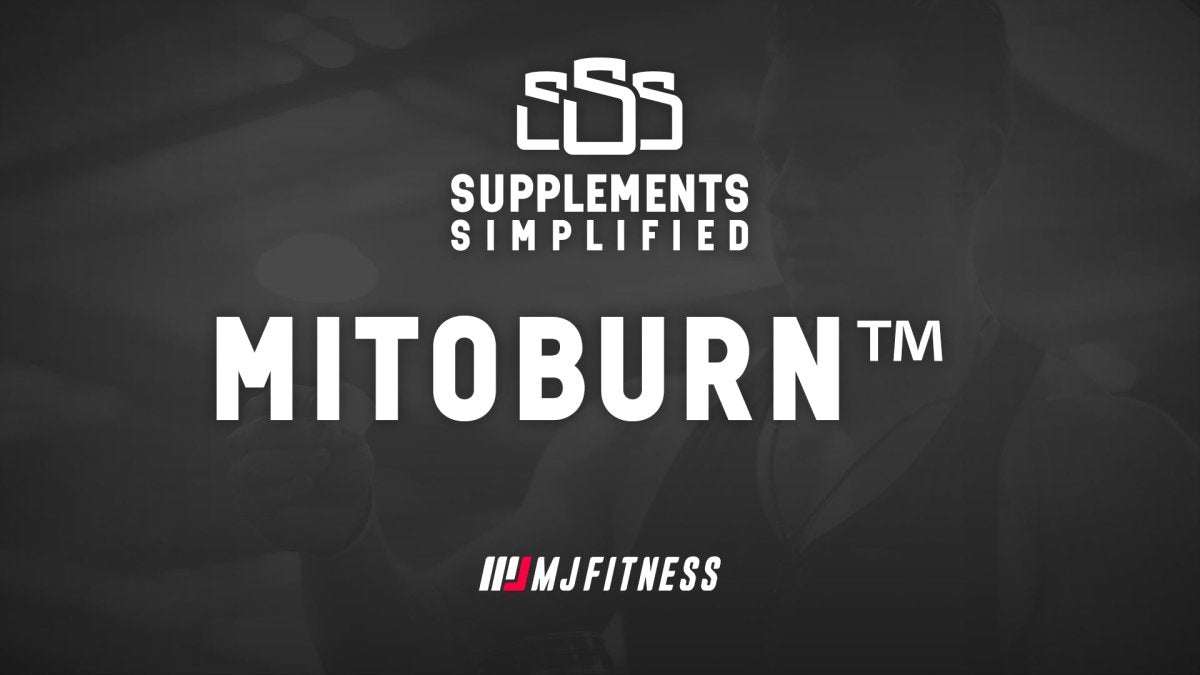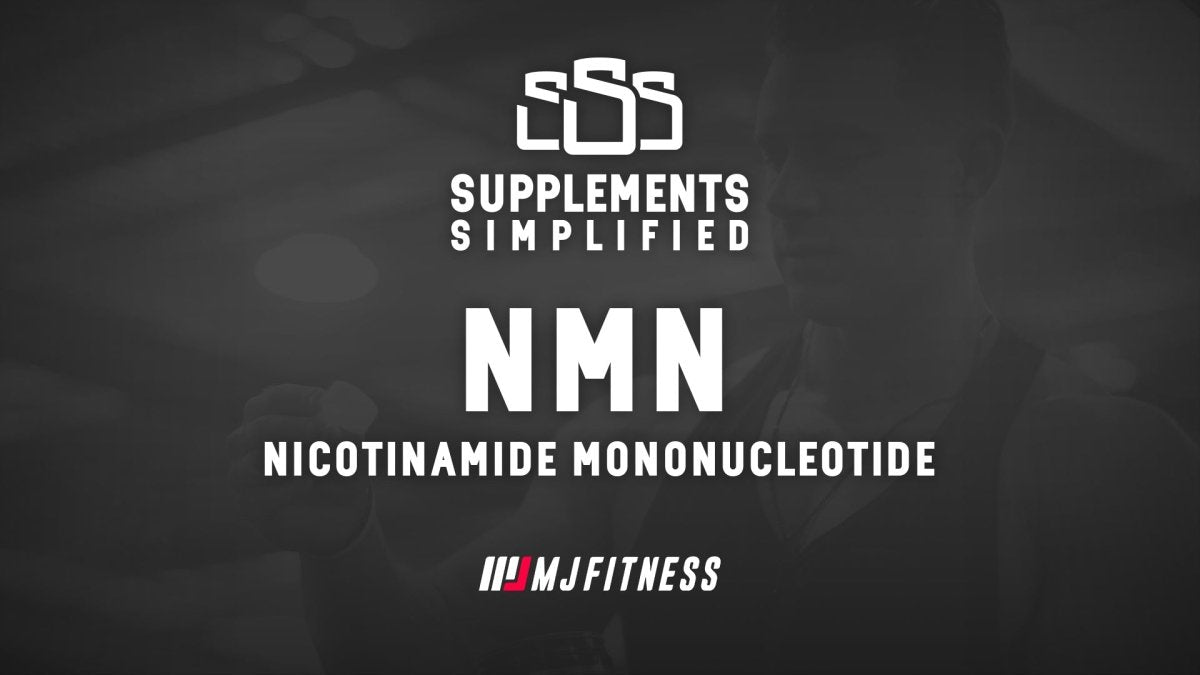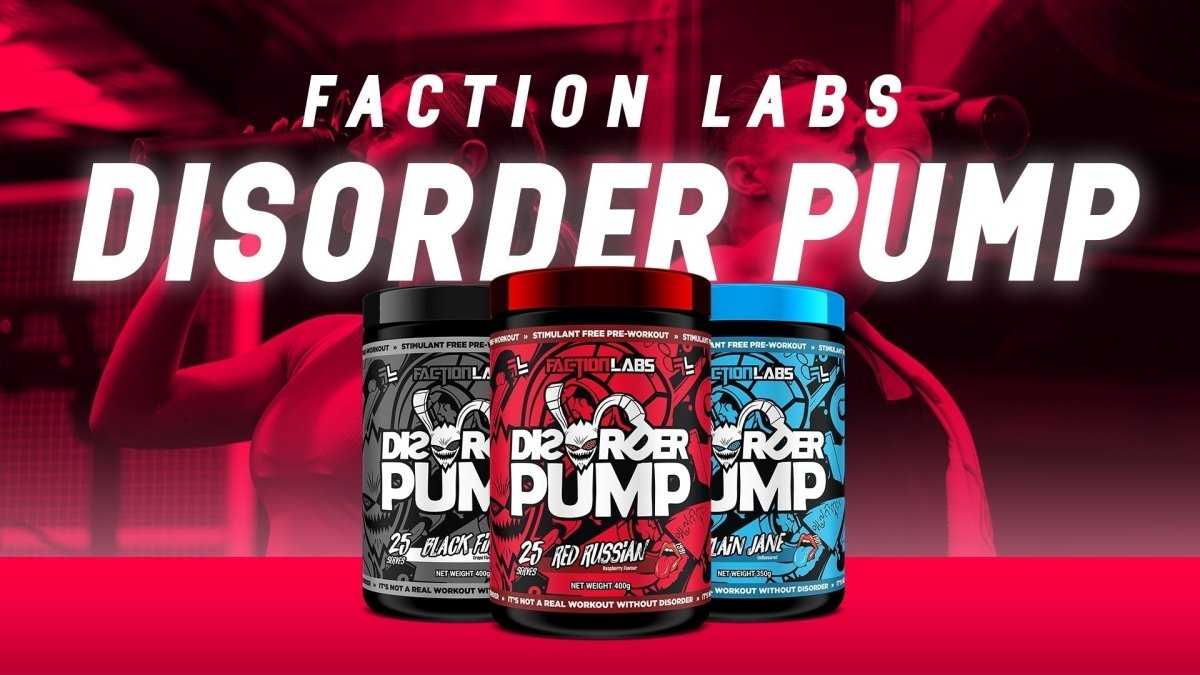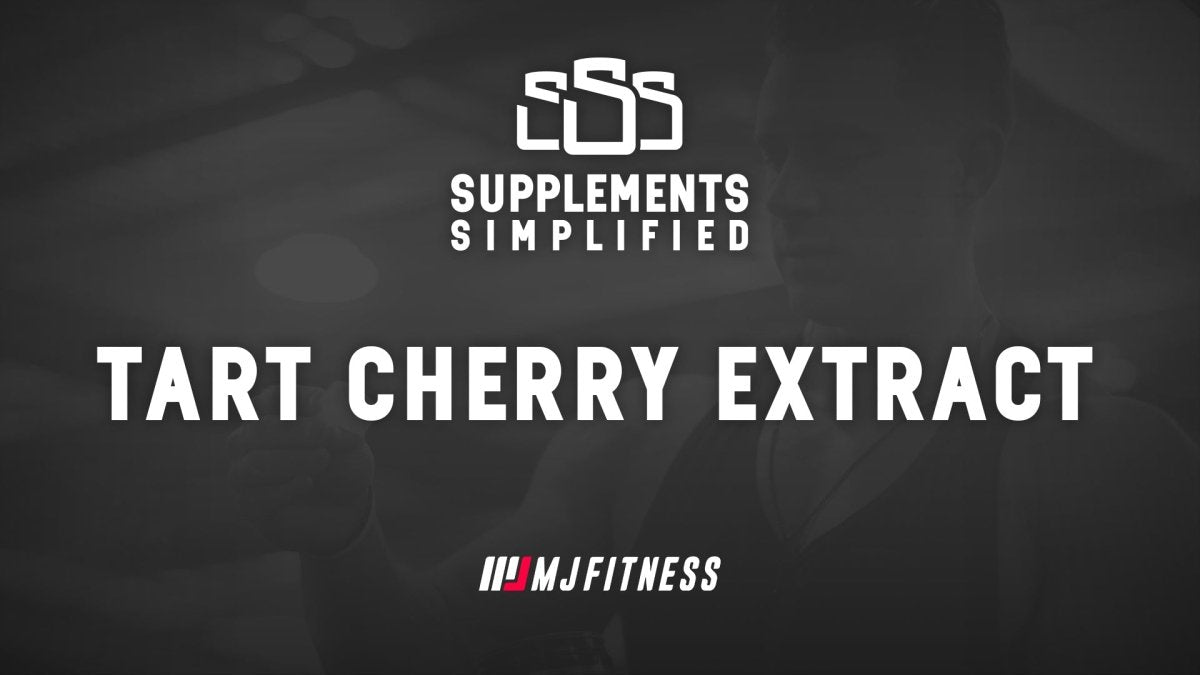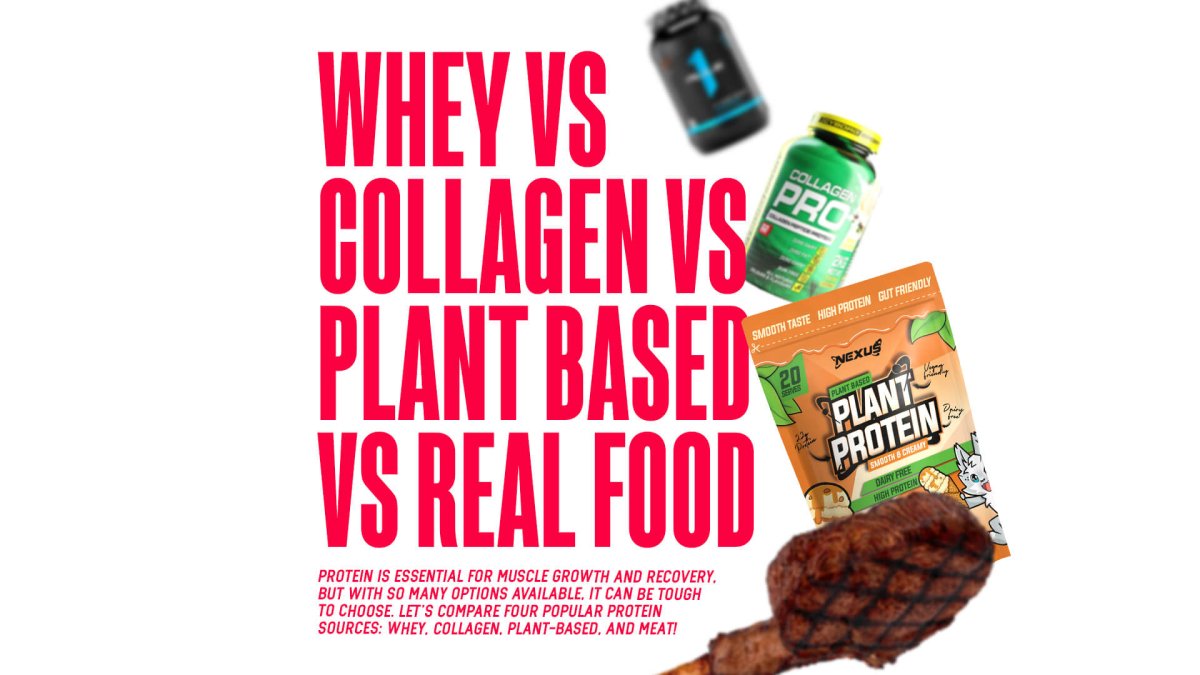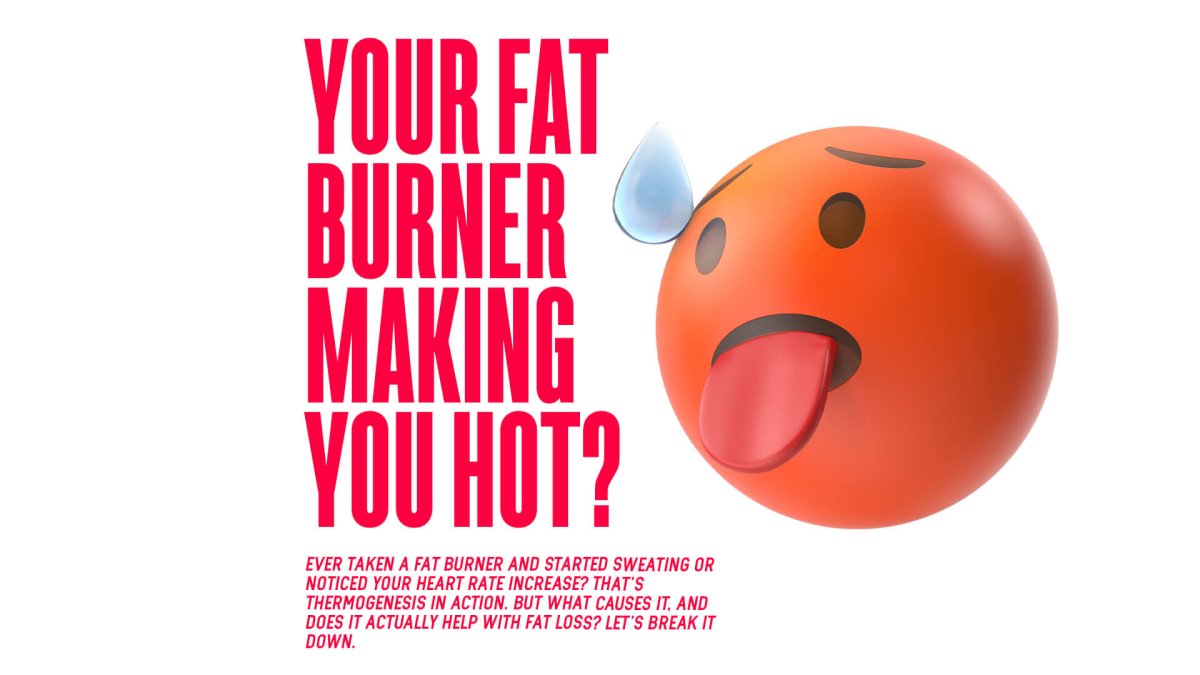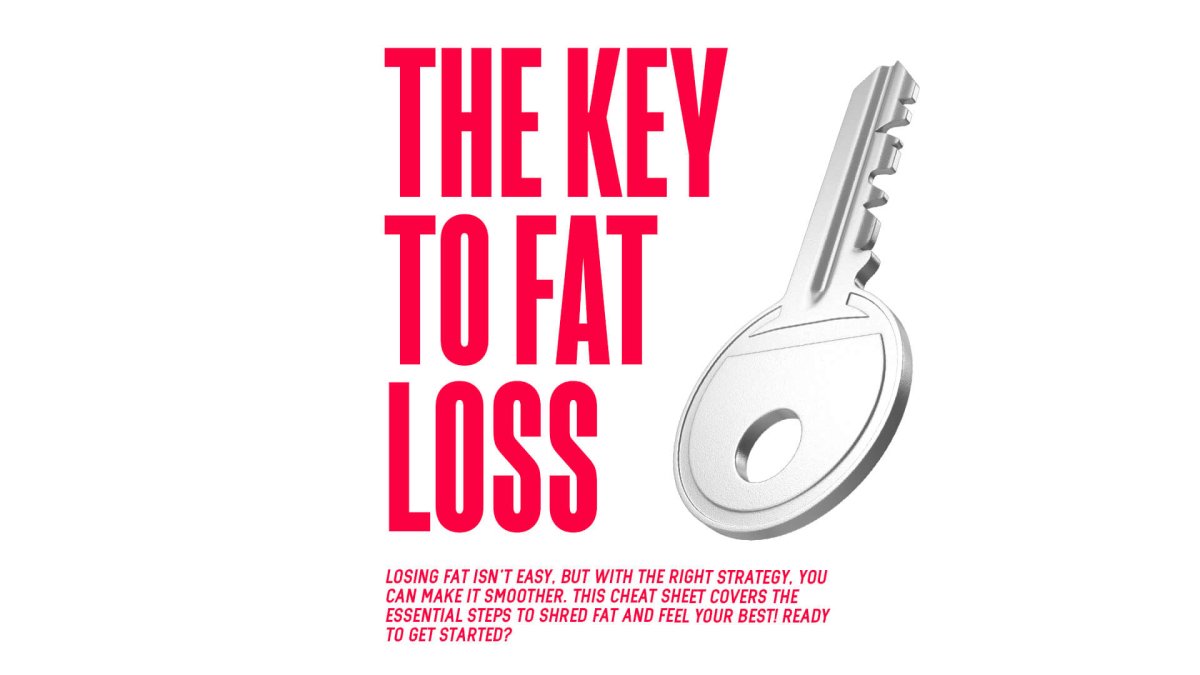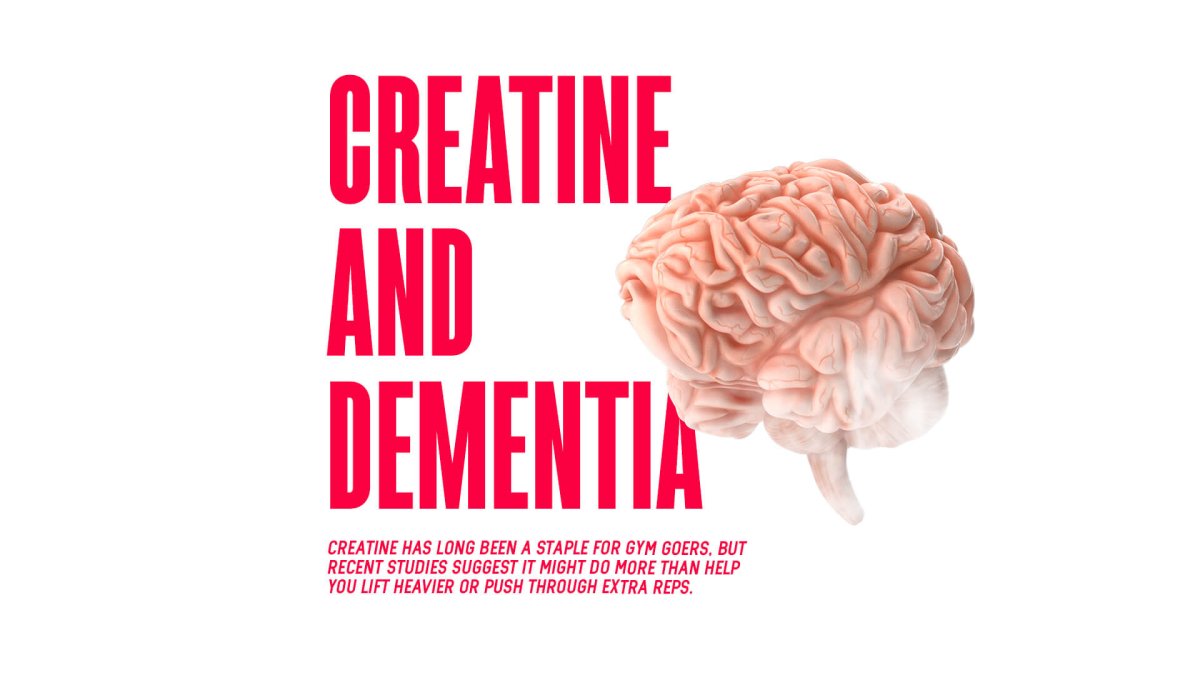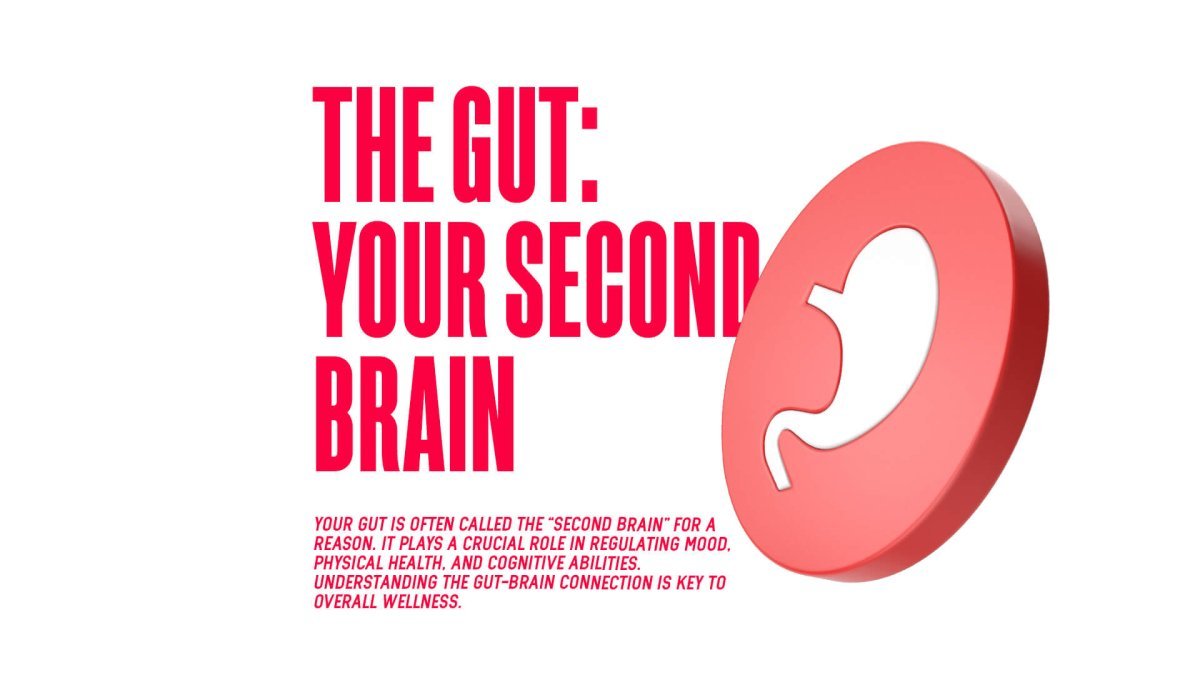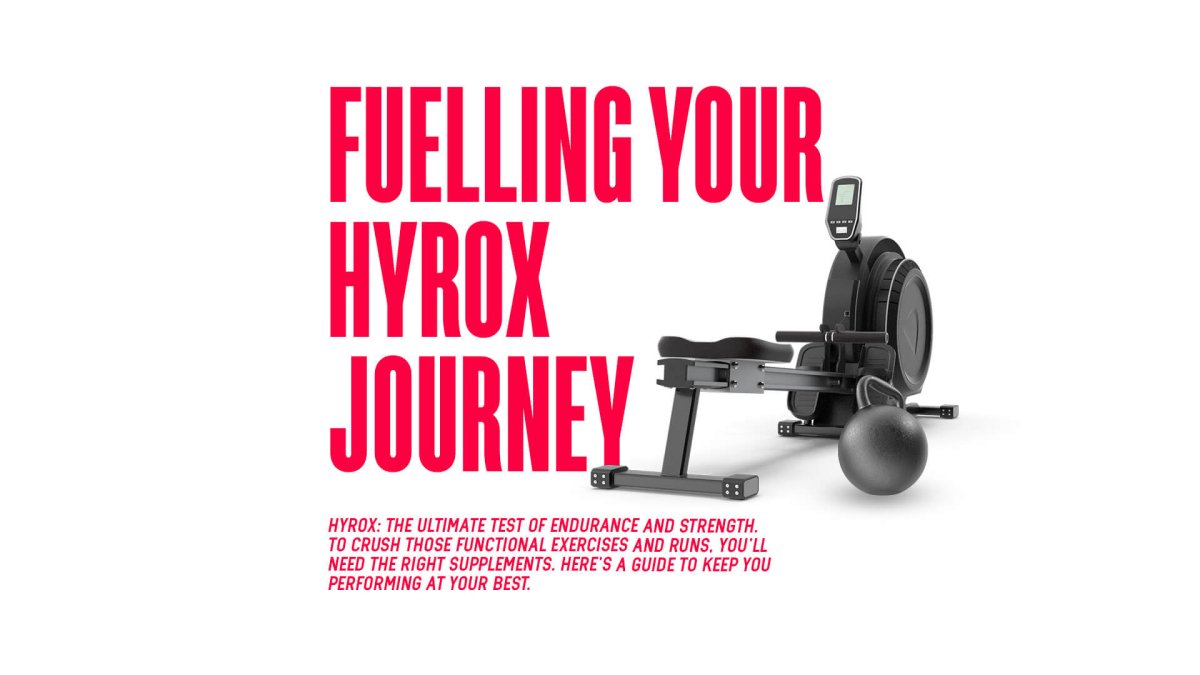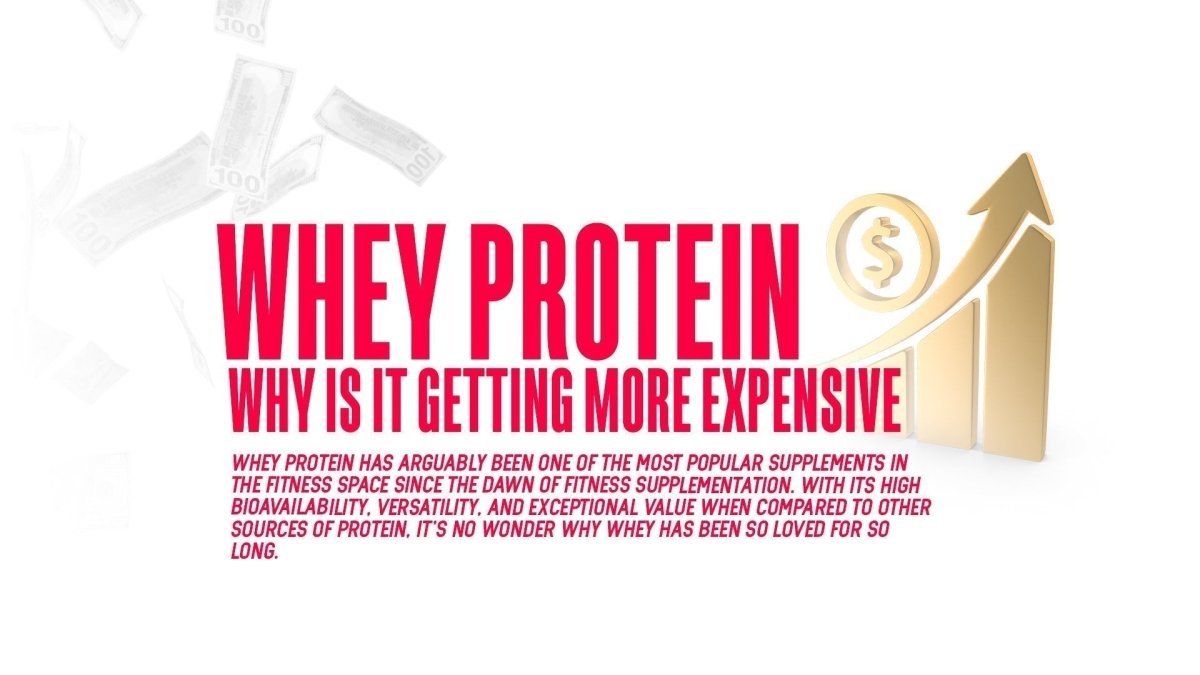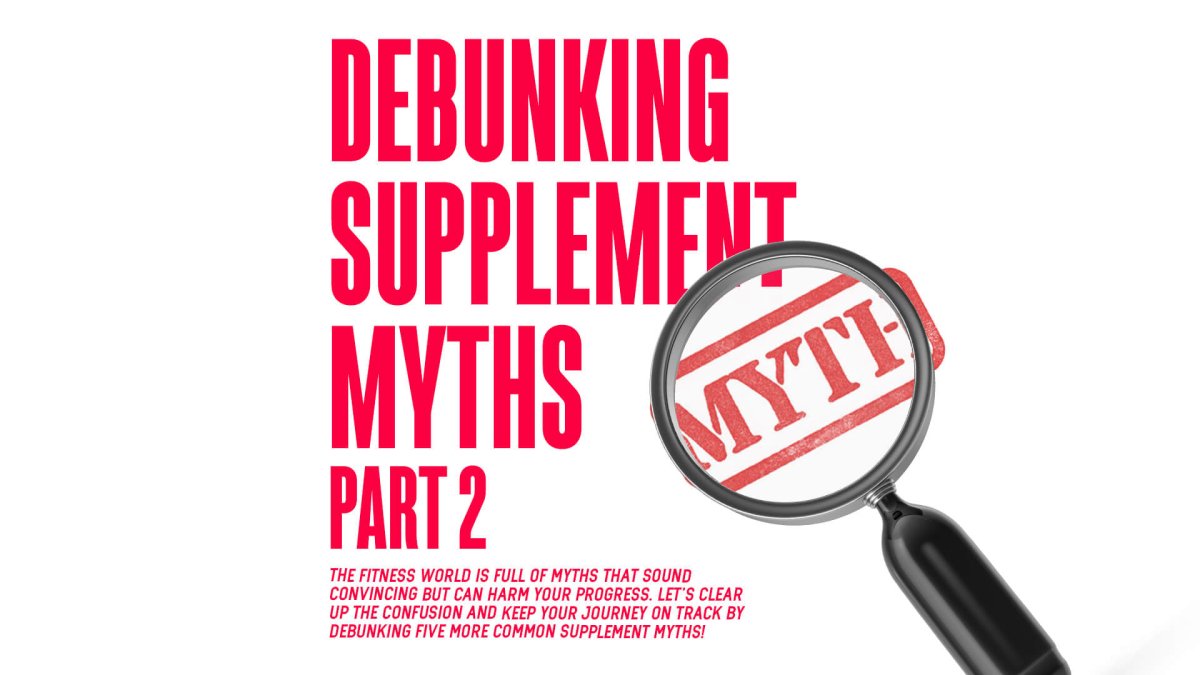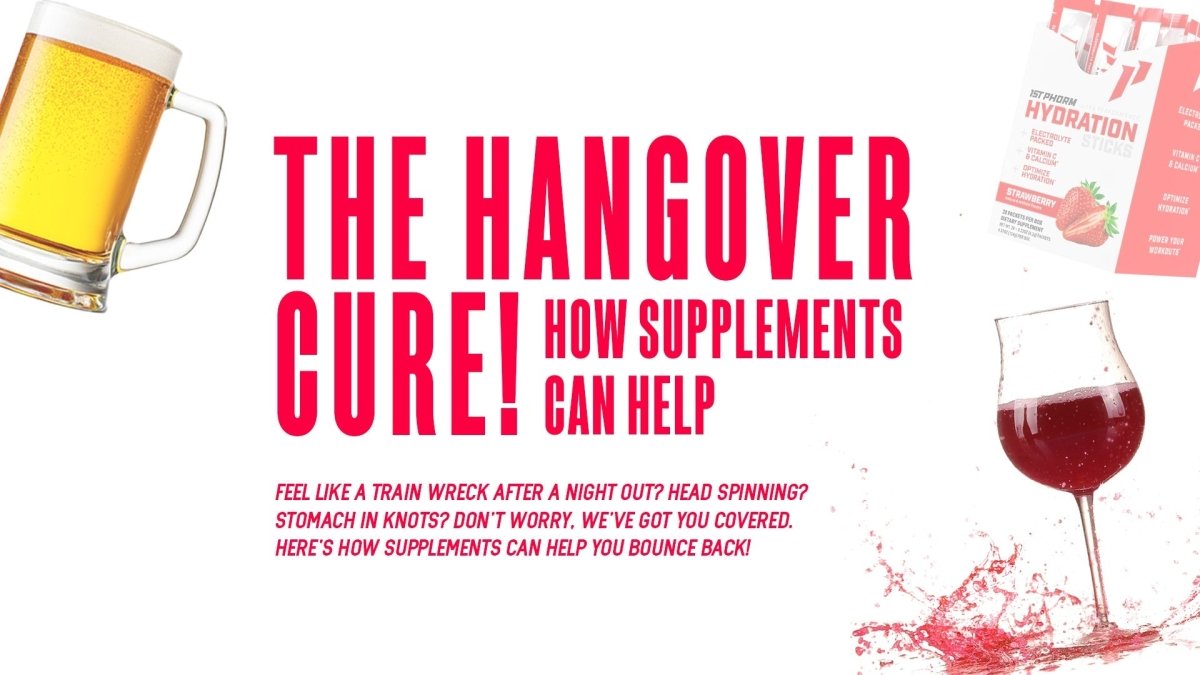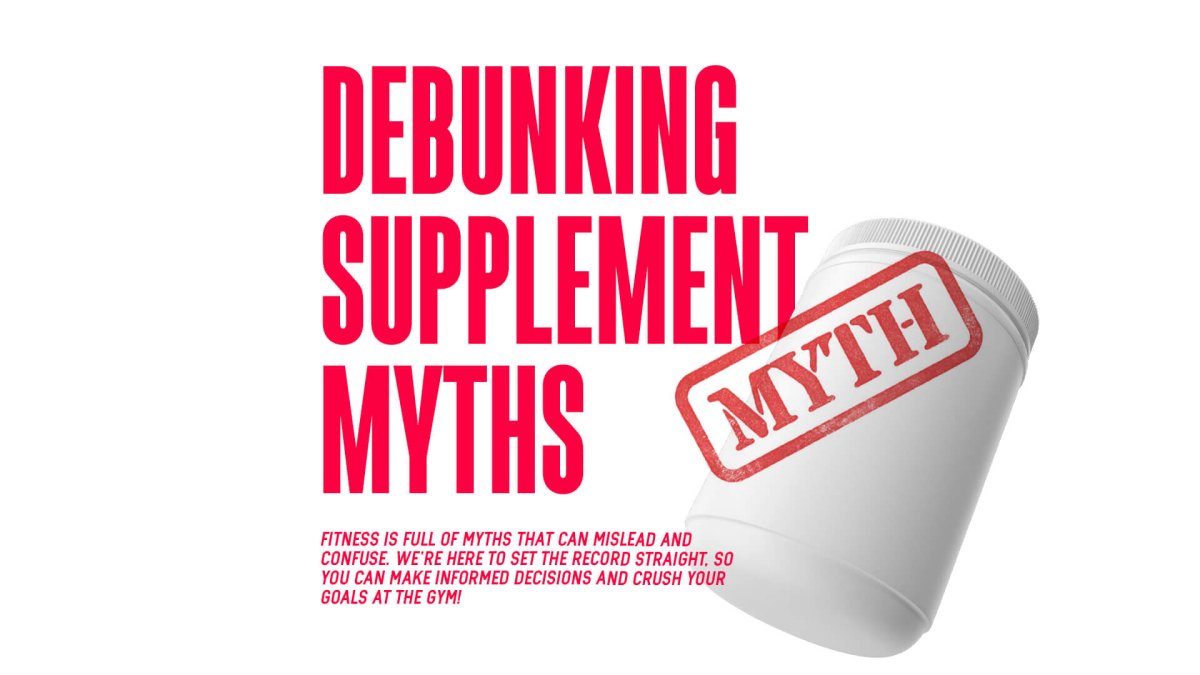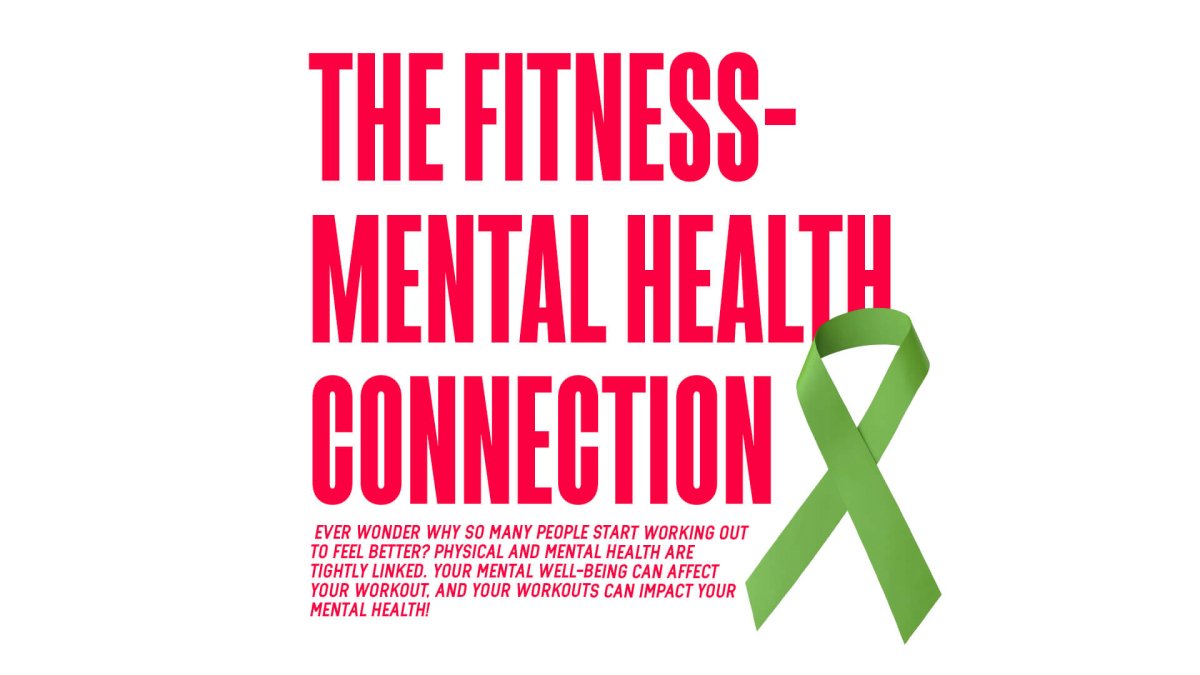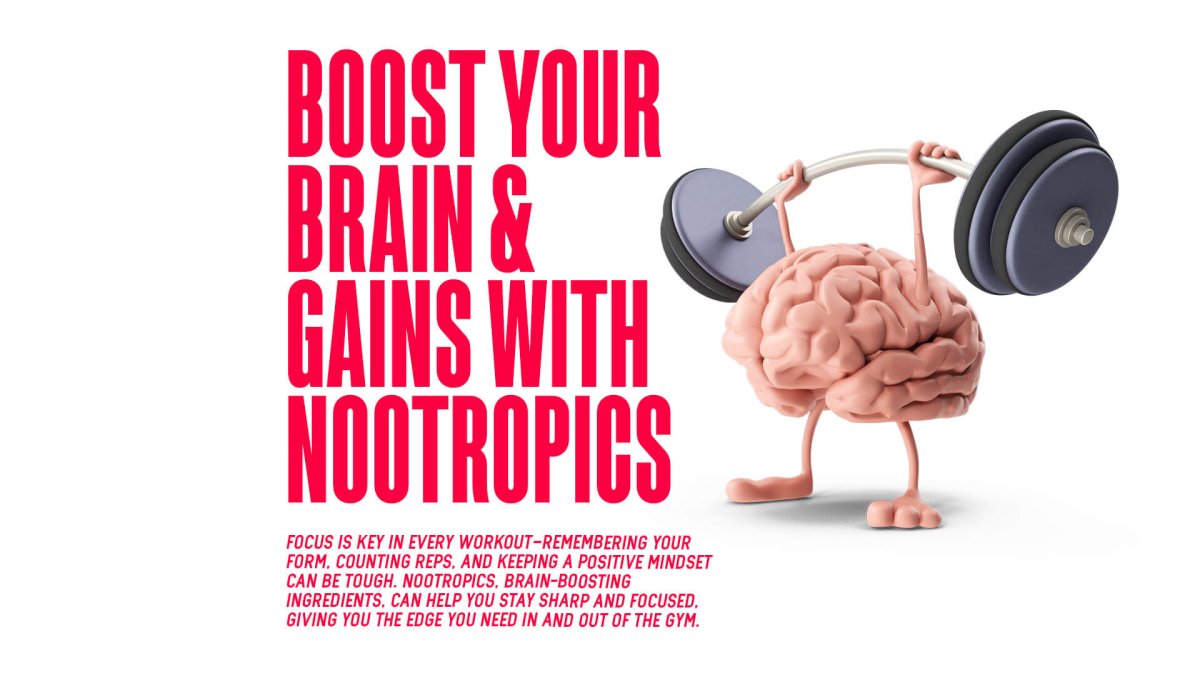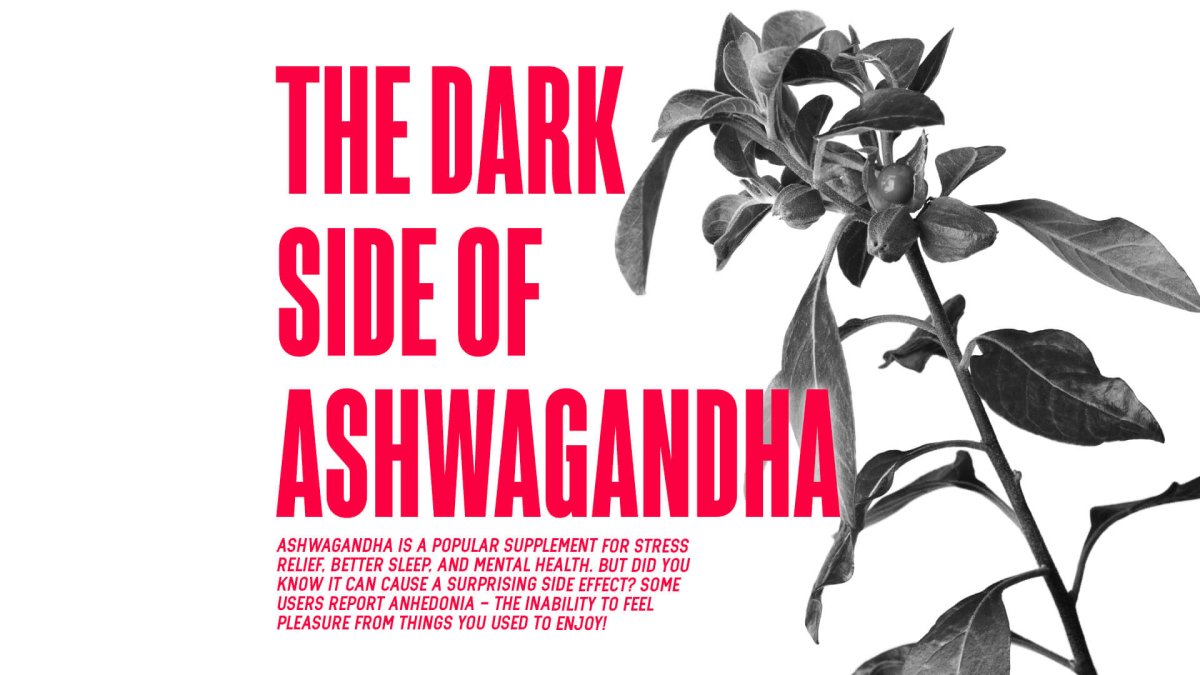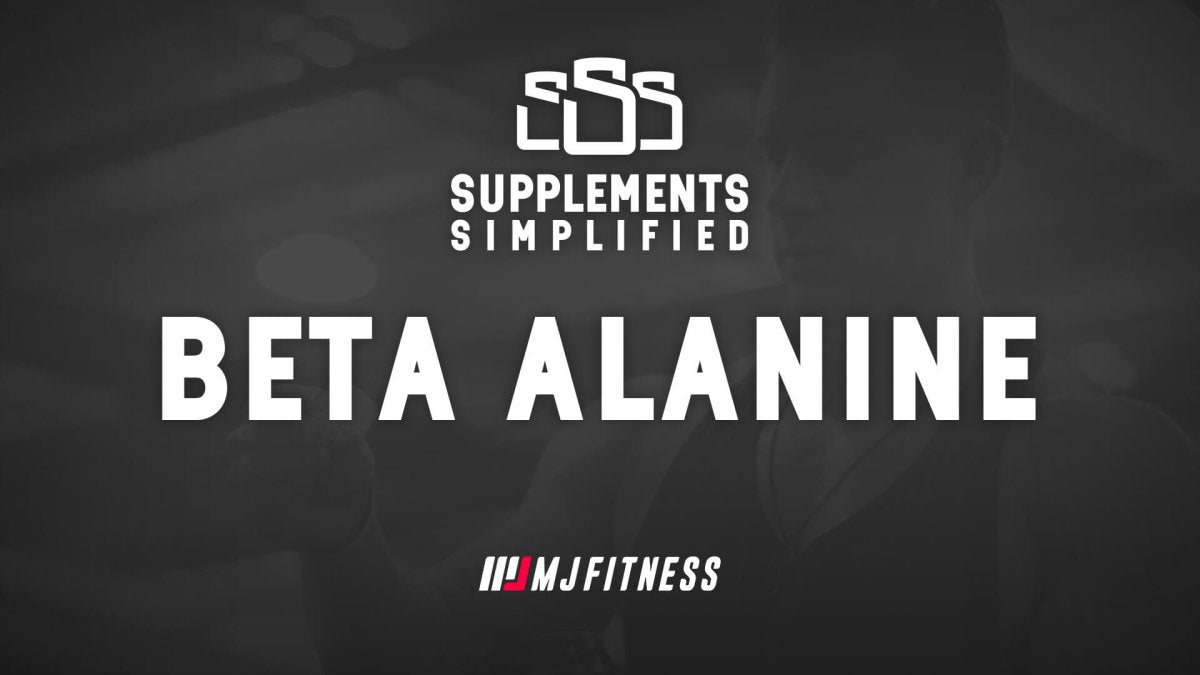You can’t mention supplements without fish oil. Everyone from your grandma to the highest performing athletes are most likely on a fish oil of some kind. Why? Omega 3. Fish oil is known for its high content of omega 3 fatty acids. Specifically EPA (eicosapentaenoic acid) and DHA (docosahexaenoic acid). Fish oil has been linked to a wide range of benefits, from keeping your heart and brain health, to joint and inflammation support.
What Does Fish Oil Do?
Omega 3 fatty acids are essential fats. This means your body can’t produce them on its own, and you’ll need to get it through either food or supplements. EPA and DHA are the best forms of omega 3. They’re shockingly found in oily fish like salmon, tuna, sardines and mackerel.
Supported Benefits of Fish Oil
1. Joint Health and Inflammation
Omega 3s have been shown in several studies to reduce inflammation in the body, which leads to better joint health. While not a treatment on its own, fish oil has been shown to play a role in helping joint pain, arthritis and joint stress from heavy training.
2. Cardiovascular Health
Fish oil is known for its contribution to heart health. By reducing triglycerides and supporting cardiovascular function. However, these effects are more apparent in those with heart issues or poor lipids.
3. Cognitive Function and Mood
DHA is an essential component of your brain. If you’re getting enough omega 3 you’ll see benefits in memory, mood regulation and perseverance.
Dosages
Dosages for fish oil depend on the diet of the person taking it. The sweet spot is around -3 grams of omega 3 daily. If you’re eating over 200g of salmon a day, you’re getting more than enough omega 3. While there’s no upper limit, people have reported that taking around 4-5 grams may cause gastrointestinal issues
What If You Don’t Eat Fish?
If fish isn’t on the menu due to allergies or dietary choices, there are alternative ways to get your omega 3s:
1. Algal Oil
Not quite fish, but in the same biome. Marine algae is the only plant-based source of EPA and DHA. Whenever you’re looking for an alternative/plant based source of omega 3, this is what will come up.
2. ALA-Rich Foods
Aloha-linolenic acid (ALA) is found in flaxseeds, chia seeds, hemp seeds and walnuts. Your body can convert ALA into EPA and DHA, however the conversion rate is below 10%.
3. Vegan Omega-3 Blends
The real fish-less magic comes from a blend of algal and ala rich oils. These can fill in all of the omega 3 gaps more effectively than just one or the other.
Final Thoughts
When choosing supplements that boost heart, brain and joint health. Looking no further than a solid omega 3 source can play a very meaningful role in your health routine. Whether it’s a fish oil or a vegan blend, omega 3 in your supplement stack can make the difference in your health.




